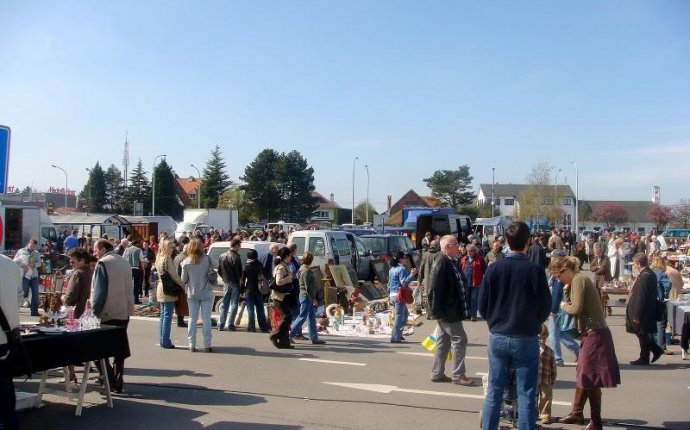
Weather Waterloo Belgium
RECORDED history tells of remarkable instances where the weather played a major role in the outcome of events. Let us consider just two examples.
When the Storm Blew
In 1588, King Philip of Spain sent a fleet of ships, known as the Spanish Armada, to invade England. But things did not go as planned, for the weather played a disruptive role.
The Spanish fleet entered the English Channel and was met by a fleet of English ships. The more-maneuverable English ships engaged their Spanish counterparts but caused little damage. The Spanish Armada then dropped anchor near Calais with orders to pick up troops for its planned invasion of England.
Meanwhile, under cover of darkness, the English set fire to several of their own ships, which, assisted by the wind and a favorable current, sailed unmanned directly toward the anchored Spanish ships. Many Spanish ships cut their anchors loose to avoid being struck by the fireships. That action by the Spanish was to prove disastrous to them later.
After that incident at Calais, both fleets headed into the North Sea, sailing before the wind. By now, the English fleet had depleted its supply of gunpowder, so it withdrew to the English coast. With the wind against them and the English between them and Spain, the Spanish were forced to sail north around Scotland, then south until they cleared Ireland, and finally back to Spain.
By this time, the Spanish fleet was dangerously short of food and water, and the damaged ships were carrying many wounded sailors, as well as others who were sick with scurvy. Therefore, the whole fleet was put on starvation rations, which further weakened the crews.
After the fleet rounded Scotland, a fierce Atlantic storm blew many ships toward the coast of Ireland. The normal defense was to drop anchor and wait for favorable winds. However, because many anchors had been cut loose in the previous encounter with the fireships, 26 Spanish ships were wrecked on the Irish coast, with the loss of some 5, 000 to 6, 000 men.
By the time the Armada returned to Spain, almost 20, 000 lives had been lost. The single decisive factor in the heavy loss of men and ships must have been the weather. The Dutch apparently thought this to be the case. Later, on a medal celebrating the Spanish Armada’s demise, the Dutch echoed the popular belief that God is responsible for natural disasters and inscribed the medal with the words: “Jehovah blew and they were scattered.”
Defeated by Rain
Another world-changing event seriously affected by the weather was the Battle of Waterloo in 1815. History records that on the Waterloo battlefield, some 13 miles (21 km) south of Brussels, Belgium, more than 70, 000 men were killed or wounded in just a few hours. The British Duke of Wellington chose the field of battle and held the high ground. Although Napoleon’s French army outnumbered Wellington’s troops, Napoleon needed to defeat the enemy before nightfall, because Wellington was to receive reinforcements from the Prussian army that night. Once again, however, the weather played a key part.
A torrential rain fell during the night before the battle. Most soldiers remembered that night as the most miserable one of their life. Even when some were able to erect small tents, one soldier lamented that the beds inside seemed as wet as if they were at the bottom of a lake. The ground, saturated by the rain, was softened to a quagmire. To ensure an early defeat of Wellington, Napoleon wanted to begin his attack at first light. However, his attack could not be made until several hours later.
The primary reason for the delay was the condition of the ground, which had to dry somewhat before the conflict could begin. The mud also lessened the effectiveness of the cannons, so favored by Napoleon. First, the range of fire was reduced, owing to the difficulty of moving those heavy machines in the mud. Second, the cannonballs were intended to ricochet off the ground and hence cause additional damage to Wellington’s troops. However, that did not happen because the soft, wet ground absorbed much of the energy. This proved to be a disaster for Napoleon and his troops. Thus, because of the extreme weather, the army of Napoleon was defeated, and he was taken into exile.









